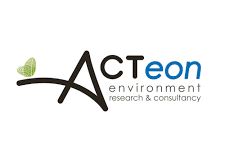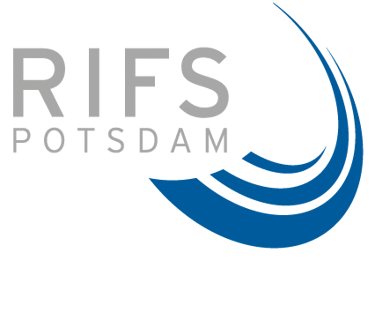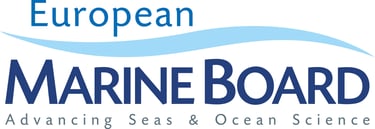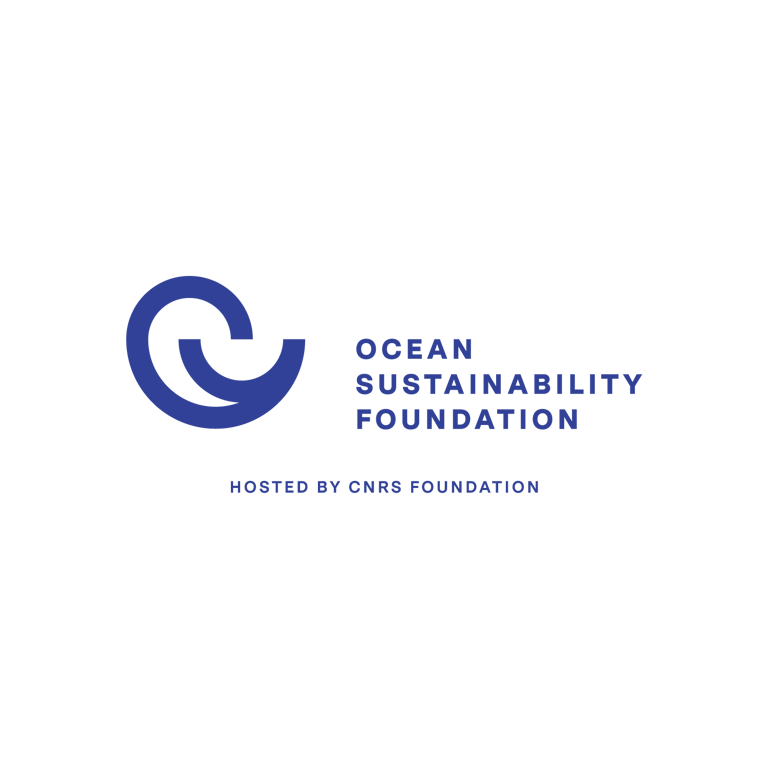The project is currently being led by a consortium "Towards IPOS". Supported by the European Commission and several countries, the IPOS concept is evolving through broad consultations, having been officially launched at UNOC-3 in June 2025.
About
Genesis
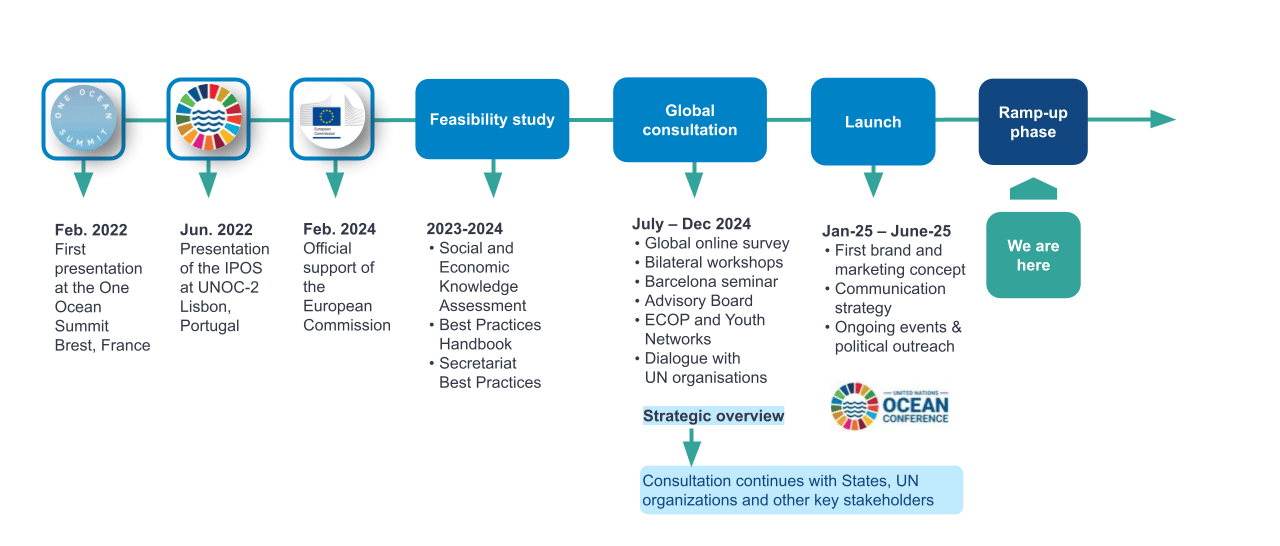

The IPOS concept has been developed through international discussions to address this knowledge-decision gap.
Consortium
The Towards IPOS team, composed of the Ocean Sustainability Foundation, together with consortium of partners won the open call from the EU "Towards an IPOS". This initiative will bring together a diverse global network of leading ocean scientists, interdisciplinary experts, policy makers and civil society stakeholders in support for the establishment of the Towards IPOS initiative. A heartfelt thank you to our partners for embarking on this journey with us.
Interim governance
The Towards IPOS team has set up an interim governance until IPOS is created.
The governance is structured around:
A Core team: the consortium
An Interim Steering Committee
An Acting Knowledge Committee
A coalition of scientific institutions
Strategic partners
For more information about our interim governance, please, refer to our Governance & Transparency section.




